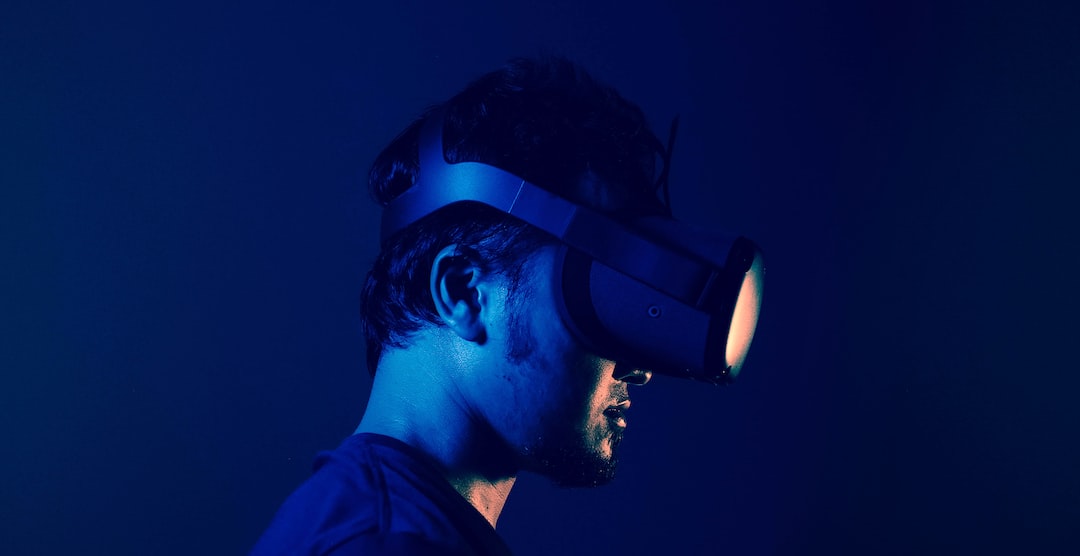Title: How Technology is Transforming the Entertainment Industry
Introduction:
Over the past few decades, the entertainment industry has experienced a remarkable transformation due to technological advancements. Traditional forms of entertainment have evolved and been revolutionized, allowing artists, creators, and consumers to navigate a new digital landscape. From the way content is produced and distributed to the way audiences engage with it, technology has played a pivotal role in reshaping the entertainment industry. In this blog post, we will explore the various ways in which technology has transformed the entertainment landscape.
1. Digital Distribution:
One of the most significant advancements in the entertainment industry is the shift from physical media to digital distribution platforms. Streaming services like Netflix, Amazon Prime Video, and Disney+ have revolutionized the way content is consumed, eliminating the need for physical DVDs or CDs. This accessibility has democratized entertainment by making a vast library of movies, TV shows, and music available at the click of a button. Additionally, these platforms have also opened doors for independent creators, who can now showcase their work to a global audience without the constraints of a large production company.
2. Virtual and Augmented Reality:
Virtual Reality (VR) and Augmented Reality (AR) have transformed the way audiences interact with entertainment. VR headsets enable users to immerse themselves in virtual worlds, experiencing entertainment in a whole new way. From gaming to concerts and even movies, VR has the potential to revolutionize the way we engage with entertainment by creating a more interactive and personalized experience.
On the other hand, AR adds a layer of computer-generated content to the real world, providing a unique fusion of the digital and physical realms. AR mobile games like Pokemon Go and the success of Snapchat filters are prime examples of how this technology is blurring the boundaries between the entertainment industry and the real world.
3. Social Media and Fan Engagement:
Social media platforms like Facebook, Instagram, Twitter, and TikTok have become powerful tools for content creators and the entertainment industry as a whole. Artists can now directly engage with their fans, benefitting from real-time feedback and building a loyal following. This increased accessibility has not only created a sense of community but has also helped artists market their work more effectively.
Furthermore, social media has allowed for the creation of “influencers” who bridge the gap between traditional media and their followers. These individuals have become an essential part of marketing strategies, making product placements and endorsements more organic and relatable to audiences.
4. Artificial Intelligence and Machine Learning:
Artificial Intelligence (AI) and Machine Learning (ML) have significantly impacted the entertainment industry, particularly in content creation and recommendation. AI algorithms can analyze vast amounts of data, enabling platforms to personalize content recommendations based on user preferences. Through this technology, platforms like YouTube and Spotify curate personalized playlists and recommendations, improving the overall user experience.
AI has also expanded the possibilities for content creation. Deepfake technology, for example, allows for the creation of hyper-realistic videos by manipulating faces and voices. This has both positive and negative implications, as it can enhance creative expression but also raise concerns regarding ethics and misinformation.
Conclusion:
The transformation of the entertainment industry through technology has ushered in an era of unprecedented accessibility, interactivity, and creativity. These advancements have not only reshaped the way content is produced, distributed, and consumed, but also the way artists and creators engage with their audiences. As technology continues to evolve, we can expect further innovative disruption in the entertainment industry, pushing the boundaries of what is possible and redefining the way we experience entertainment.
